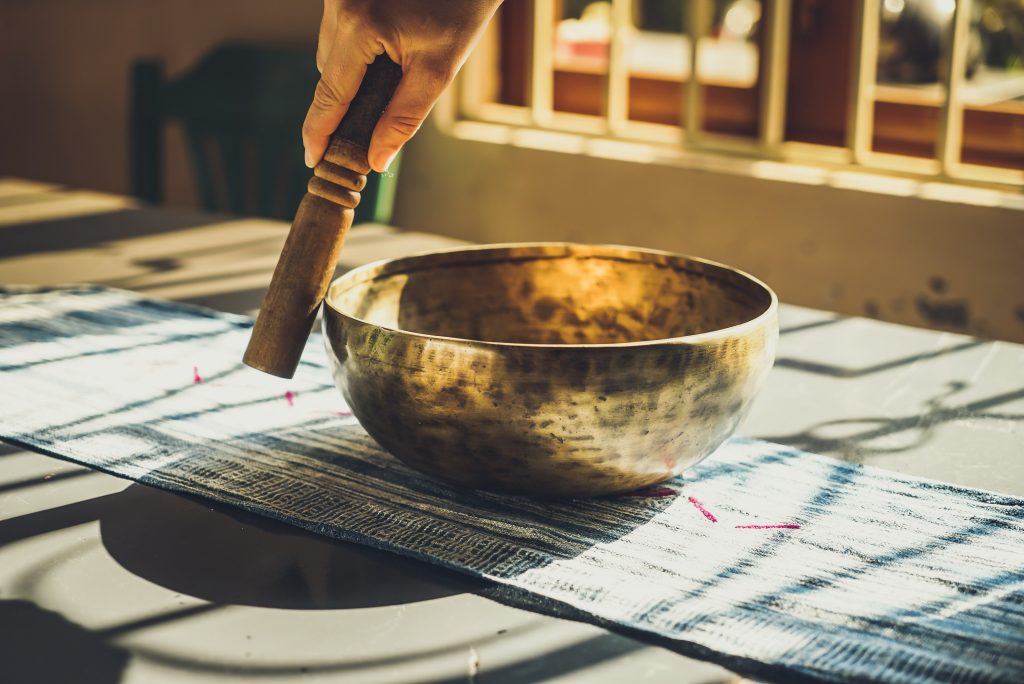 As she drifts between sleep and wakefulness, her mind brings along a sense of dread; just like a faithful pet would bring a rag doll, and wait, panting in anticipation, for her to wake up. Even before she can start to tell the difference between her own snores and the chimes of the alarm clock, the phone nudges her with notifications about the never-ending list of things to be done. She almost falls off her bed, phone in hand, stumbling from one task to another, trying to keep up with the demands of the day. She races against time, determined to make progress. But as the clock ticks on, her attempts to swim through the sea of distractions, hardly seem to work. She finishes her day feeling exhausted, with a nagging sense that very little has been achieved.
As she drifts between sleep and wakefulness, her mind brings along a sense of dread; just like a faithful pet would bring a rag doll, and wait, panting in anticipation, for her to wake up. Even before she can start to tell the difference between her own snores and the chimes of the alarm clock, the phone nudges her with notifications about the never-ending list of things to be done. She almost falls off her bed, phone in hand, stumbling from one task to another, trying to keep up with the demands of the day. She races against time, determined to make progress. But as the clock ticks on, her attempts to swim through the sea of distractions, hardly seem to work. She finishes her day feeling exhausted, with a nagging sense that very little has been achieved.
If such stress laden days, sound all too familiar, you are not alone. But knowing that many of us feel this way, hardly brings any reprieve from reality. However, one simple daily practice has the potential to change this experience quite drastically.
How Would You Like Your Day To Begin?
Before we talk about that practice, let’s look at what kind of day we would ideally like to spend – Personally, I would like to wake up feeling rested and refreshed, feeling excited and hopeful and in spite of the zillion things that need to be completed during the day, I would like to feel at peace with myself. Does that resonate with you? If it does, read ahead!
What’s That ONE Thing?
The one activity that could change the way we start and end our day, is Meditation. According to the Buddhist definition ‘Meditation practices are techniques that encourage and develop concentration, clarity, emotional positivity, and a calm seeing of the true nature of things.’
It is the one activity which will not change the circumstances or the people of your life, but has the potential to change the weather inside your mind. In 10 to 20 minutes, it could help your internal weather to change from grey, cloudy and chilly to pleasantly sunny, warm and hopeful.
How Meditation Helps!
When you meditate regularly, you get better at holding your attention in the present moment. This automatically leads to less distraction. It also improves your ability to process sensory information. Personally, I find myself more capable of holding back angry retorts and loosening the hold of obsessive thoughts, much more now than when meditation was not a part of my life. This is not surprising given the research which shows that regular meditation enlarges the pre-frontal cortex (the part of the brain responsible for logical thinking, and decision making) and reduces the Amygdala activation (the key brain structure known as the emotional or fear center of the brain), leading to improved emotional regulation! According to Dr. Keith Holden, in his book “Power of the mind in health and healing”- “Regular meditation may even help prevent age-related brain atrophy, which has the potential to protect against memory loss and improve brain function as you age.”
In broader terms, a regular meditation practice helps you feel better about yourself, bring more harmony in your relationships, develop your ability to perform better at work, improve your creative thinking and foster the ability to stay calm in the face of uncertainty, not to mention adding to your overall sense of well being.
Yes, You Are Already Good At It!
Before I started practicing meditation, I used to think that it is meant for people who have a lot of time at hand. For someone who has retired from work life for instance, or someone who doesn’t have much to do. But I couldn’t be farther from the truth on both fronts! (being retired from work life doesn’t mean one is not busy). Meditation is beneficial for every single one of us. The busier you are, the more beneficial it is for you. You may not realise it, but whenever you are in a state of “flow” i.e. when you feel happily engrossed in a task, that you feel competent to do, and enjoy doing – you are meditating; you are meditating on that one task, with absolute focused attention and there’s this feeling of being in a different plane. You are meditating every time you sleep deeply. So, you are already practicing certain forms of meditation in your life and are good at it. Hence saying that “meditation is not my cup of tea” doesn’t hold water (or tea).
Conclusion
There’s no aspect of your life that goes untouched by the benefits of meditation. As an emotional wellness coach and counsellor, I get to hear hundreds of mental health concerns from people on a regular basis. No matter what the complaints are, meditation almost always features in the list of ways in which people can overcome those issues and move towards short term and long mental wellness. So, when do you plan to start?
We hope this article helps you! If you want to begin your meditation practice, check out some interesting articles on Healthy Reads. To get more meditation tips from a certified expert, subscribe to Personalised Health Coaching here.
#BeTheForce




I want to say that this article is awesome, great written and include approximately all significant infos. Amazing…